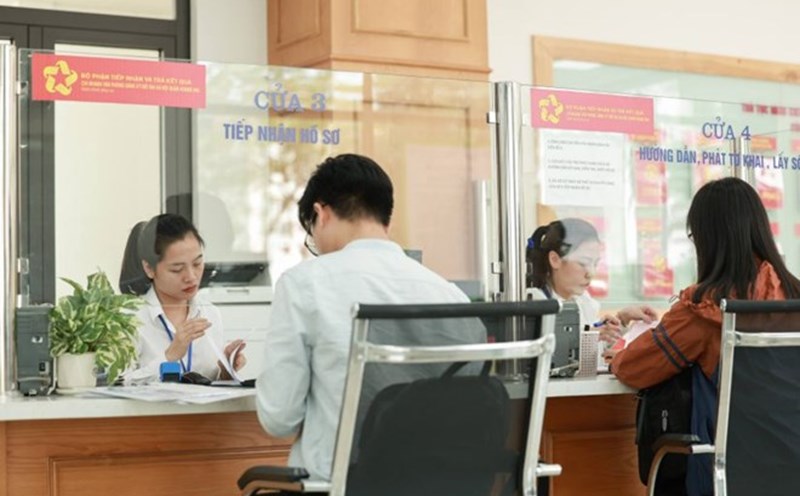Recently, EVN has reported on difficulties in implementing decrees and circulars detailing and guiding the Electricity Law.
EVN said that in reality, there have been cases where investors install rooftop solar power without notifying or not registering with the management agency.
However, Decree 58 of 2025 of the Government detailing a number of articles of the Electricity Law on the development of renewable energy and new energy does not specifically stipulate, so it is difficult to determine whether this is a violation or not, leading to confusion in the application of the Law on Handling of Administrative Violations and the decree on penalties in the electricity sector.
Therefore, EVN proposes to add a regulation that if an organization or individual develops rooftop solar power for self-production and self-consumption without notification or registration (according to Articles 15 and 16) depending on the nature and severity of the violation, they will be handled according to the provisions of the law on administrative sanctions in the field of electricity.
This regulation aims to ensure the obligation to notify/register is legally binding, avoid gaps in sanctions, while improving the effectiveness of state management and ensuring compliance with the Law on Handling of Administrative Violations.
EVN also proposed to consider adding guiding provisions for solar power installed on irrigation canals, irrigation reservoir dams, or hydropower reservoirs.
For many years, rooftop solar power in the North has been assessed to have limited development potential due to different natural conditions compared to the Central and Southern provinces. However, rooftop solar power models in Hanoi, Thai Nguyen, Bac Ninh, Hung Yen... have been proving positive economic and environmental effects.
Currently, rooftop solar power in the North is developing mainly based on self-reasonable needs such as saving electricity costs during the hot season, proactively sources of energy in areas with high load, and at the same time aiming for the goal of "greening" production and daily life.
Notably, the shift from small-scale systems to multi-purpose models, integrating many targets in one system, both generating electricity and being able to store and reduce barn temperatures, taking advantage of existing roofing infrastructure and supporting the implementation of green production goals. At many farms in Hung Yen, Thai Nguyen and Son La, the roofs of barns and factories are used to install energy batteries to provide electricity for operating needs.











